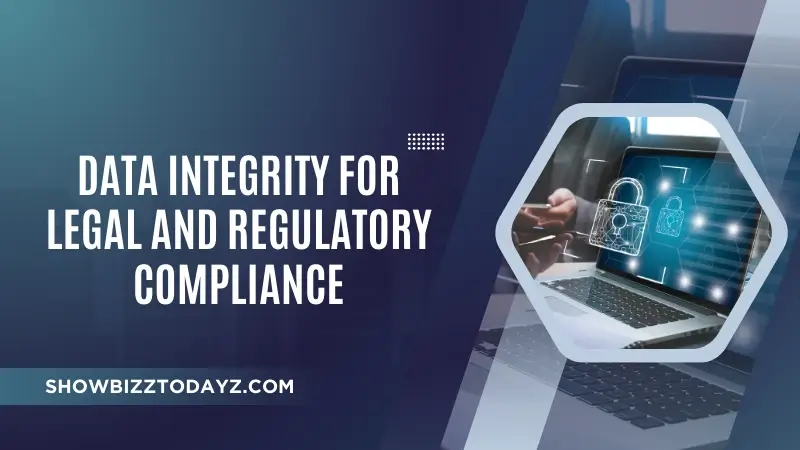Ensure Data Integrity with Modern Solutions for Legal and Regulatory Compliance
Data integrity is fundamental for organizations handling sensitive information, particularly in regulated industries. Compliance mandates require strict management of records, communications, and digital evidence to prevent loss, unauthorized alterations, or breaches. Without reliable systems in place, companies risk legal repercussions, financial penalties, and reputational damage. Advanced solutions designed for secure data preservation help businesses maintain accuracy, accessibility, and auditability.

The Role of Legal Hold Software in Compliance
Legal hold software is essential for organizations managing data retention requirements in response to potential litigation or investigations. It streamlines the process of identifying, preserving, and tracking electronically stored information, reducing the risk of accidental deletion or tampering. Automated notifications ensure that employees understand their responsibilities, while robust tracking features provide transparency in case of audits. By leveraging centralized platforms, businesses can enforce defensible data retention strategies and avoid compliance gaps.
Addressing Data Integrity Challenges
Ensuring the accuracy and reliability of information is a complex task, especially with the increasing volume of digital records. Manual processes introduce human error, which can compromise the authenticity of critical documents. Inadequate security measures further expose organizations to risks such as unauthorized modifications or data corruption. Modern solutions integrate encryption, access controls, and audit trails to safeguard records throughout their lifecycle. These features protect sensitive information and provide clear documentation of data handling activities.
Streamlining Data Preservation and Retrieval
Efficient data management requires more than just secure storage—it demands structured organization and easy retrieval. Advanced platforms categorize and index records automatically, enabling users to locate specific documents without delays. Search capabilities powered by artificial intelligence help refine results, ensuring that relevant information is accessible when needed. Such tools reduce the time and resources spent on manual searches, improving operational efficiency. Additionally, automated workflows ensure that retention policies align with regulatory guidelines, minimizing the risk of non-compliance. Check out our comprehensive article on Finance Management.
How are Experts Helping
Companies seeking a structured approach to information governance benefit from platforms that offer end-to-end solutions. These services typically include data collection, preservation, processing, and review, all within a secure framework. Built-in analytics provide insights into stored information, helping organizations assess risk and make informed decisions. Customizable features ensure that retention policies meet industry-specific requirements, enhancing adaptability. Seamless integration with existing IT infrastructure further simplifies adoption, reducing disruption to daily operations.
Enhancing Accountability Through Audit Trails
Maintaining a clear record of data interactions is crucial for compliance and dispute resolution. Audit trails document every modification, transfer, or access attempt, creating a transparent record of activity. This level of oversight deters unauthorized actions while demonstrating adherence to regulatory requirements. Organizations can use these logs to validate the integrity of records and confidently respond to external inquiries. With automated tracking, businesses reduce the likelihood of data manipulation and strengthen their governance strategy. We have also covered The Choices That Shape Tomorrow on our website.
How are Data Integrity Solutions Evolving
Advancements in technology continue to refine how organizations manage sensitive records. Cloud-based platforms enhance accessibility while maintaining strict security controls, ensuring that information remains intact regardless of location. Machine learning and predictive analytics improve data classification, reducing redundancy and enhancing search accuracy. As regulatory expectations become more stringent, businesses must remain proactive in adopting solutions that reinforce compliance efforts. The integration of intelligent automation ensures that data integrity remains a priority without imposing excessive administrative burdens.
Maintaining accurate and secure records is a fundamental requirement for organizations navigating regulatory obligations. Modern solutions offer automated workflows, encryption, and structured data management to prevent unauthorized alterations or loss. By implementing robust legal hold software, businesses can efficiently preserve critical information while demonstrating accountability in audits and legal proceedings. As technology continues to evolve, organizations must invest in comprehensive systems that safeguard data integrity and support compliance with changing requirements. You can visit showbizztoday.com for more trending posts.
